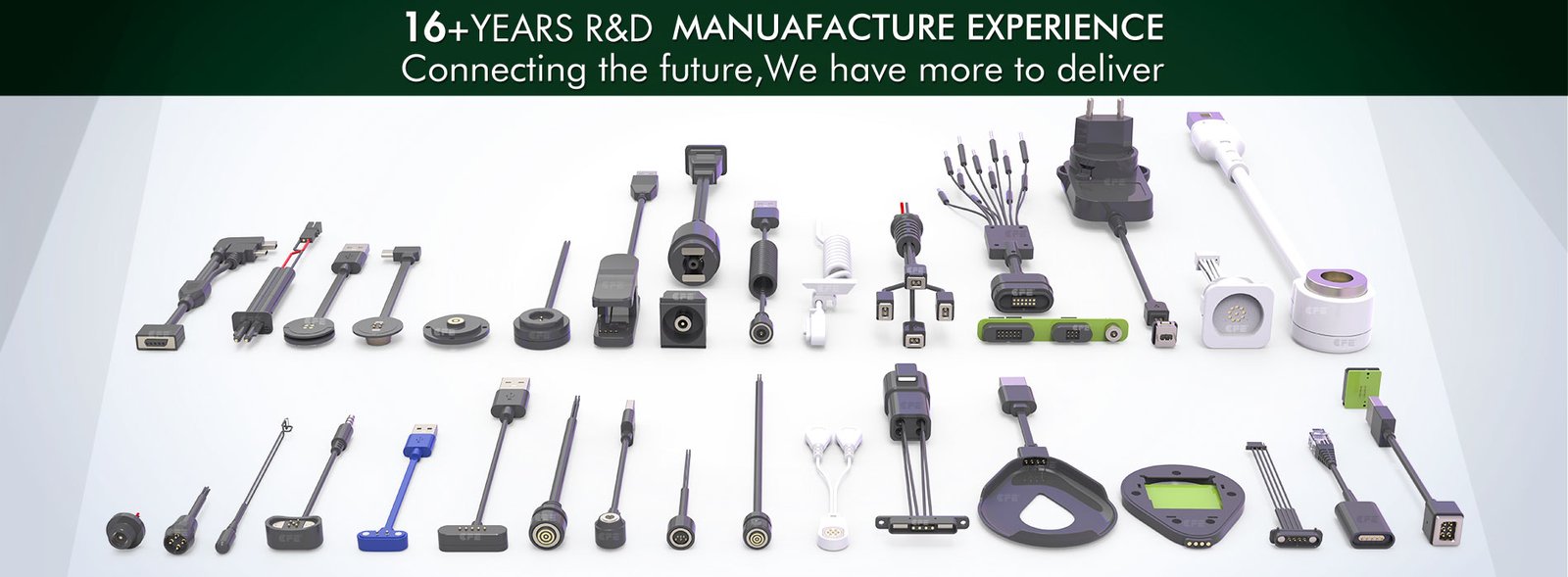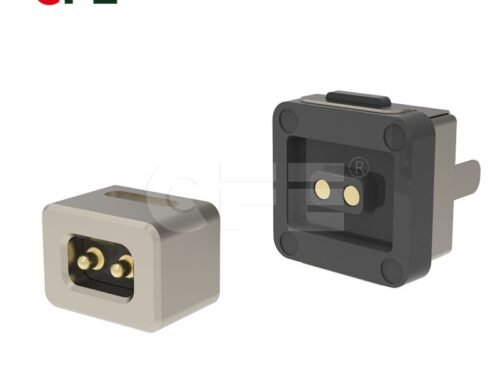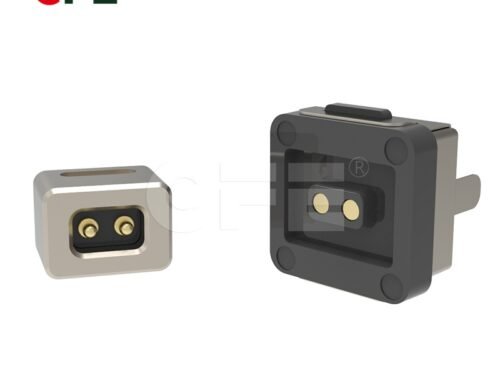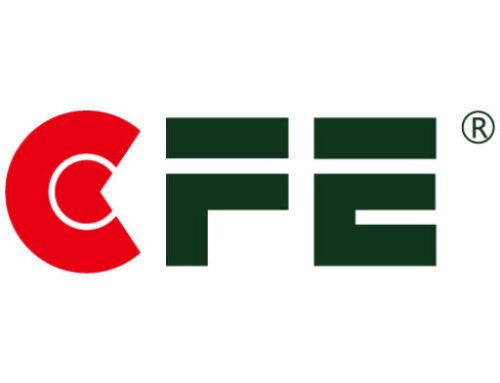Magnetic vs. Traditional Cable Connectors: Choose Better
In today’s fast-paced world of mobile devices, fast charging, and data syncing, the type of cable connector you use can significantly affect your experience. While traditional cable connectors have long been the norm, innovations like magnetic cable connectors are rapidly gaining attention. As a result, many tech users now find themselves asking—Should I make the switch?
In this comprehensive guide, we’ll break down the advantages, disadvantages, and key differences between magnetic and traditional connectors, so you can make the right choice based on your needs.
What Are Magnetic Cable Connectors?

magnetic cable
Magnetic cable connectors are designed with a small magnetic tip that remains plugged into your device’s charging port. The main cable then magnetically attaches to this tip, which makes for a hassle-free, snap-on experience.
Key Benefits of Magnetic Connectors:
-
Reduced Wear and Tear: Since the tip stays in the port, it limits mechanical damage.
-
One-Handed Use: Ideal for use in low-light conditions or while multitasking.
-
Breakaway Safety: Similar to Apple’s older MagSafe design, it detaches if pulled, protecting your device from crashing to the floor.
What Are Traditional Cable Connectors?
On the other hand, traditional connectors—such as USB-A, USB-C, Micro USB, and Lightning—plug directly into your device. They’ve been the industry standard for many years and are still widely used across all types of electronics.
Advantages of Traditional Cable Connectors:
-
Wide Compatibility: Suitable for nearly every electronic device.
-
Stable Data Transfer: Provides a direct, high-speed connection.
-
Affordable and Easy to replace: Available almost everywhere and usually inexpensive.
Magnetic Cable Connectors: Pros and Cons
Despite their modern appeal, magnetic connectors come with both perks and limitations. Let’s explore both:
Pros:
-
Convenience: Effortless to connect—especially useful while driving or at night.
-
Port Protection: The inserted tip stays in place, reducing long-term damage.
-
Safety: Cable detaches when pulled, reducing the risk of device drops.
-
Dust Protection: The tip seals the port, minimizing dust and debris entry.
Cons:
-
Limited Data Transfer: Many magnetic cables are charging-only and don’t support fast data syncing.
-
Higher Cost: Generally pricier than standard cables.
-
Compatibility Issues: Requires specific magnetic tips (e.g., Lightning, USB-C).
-
Magnet Weakness: In some cases, weak magnets can lead to unstable connections.
Traditional Cable Connectors: Pros and Cons
While traditional cables are considered basic, they’re still essential for many use cases.
Pros:
-
Affordability: Cheap and easily available.
-
Universal Usage: Compatible with a huge range of gadgets.
-
High-Speed Charging & Data: Especially when using USB 3.0 or USB-C.
-
No Specialized Equipment: No need for extra magnetic tips or attachments.
Cons:
-
Wear and Tear: Frequent plugging and unplugging can damage your device’s port.
-
Trip Hazard: If you trip on the cable, your device could fall.
-
Less Convenient: Plugging in manually can be tricky in the dark or tight spaces.
When Should You Choose Magnetic Connectors?
You might want to go for magnetic connectors if:
-
🔄 You charge your phone multiple times a day and want to reduce wear.
-
🌙 You often charge your device in the dark or while in bed.
-
🚗 You need a safer option while driving.
-
💼 You own multiple devices and want a universal solution with different magnetic tips.
When Should You Choose Traditional Connectors?
In contrast, traditional connectors are the better option if:
-
🚀 You prioritize fast charging and quick data transfer.
-
💾 You frequently sync files or data between devices.
-
💰 You’re on a budget and want readily available cables.
-
🔌 Your devices don’t support magnetic tip adapters.
Final Thoughts: Making the Right Choice
Both magnetic and traditional cable connectors have their strengths. While magnetic cables bring innovation, safety, and convenience to the table, traditional connectors continue to dominate due to their reliability, availability, and data-handling capabilities.
👉 If ease of use, port protection, and safety are your top priorities, magnetic connectors may suit your lifestyle best.
👉 However, if you’re after performance, compatibility, and affordability, traditional cables are likely your ideal match.
Ultimately, it depends on your specific needs and how you use your devices daily.
FAQs: Magnetic vs. Traditional Cable Connectors
Q1. Are magnetic charging cables safe for my device?
✅ Yes, as long as they are high quality and compatible with your device’s port type.
Q2. Do magnetic cables support fast charging?
⚡ Some do, but not all. Always check the product specs before purchasing.
Q3. Can I use one magnetic cable for all my devices?
🔁 Yes, provided you have the correct magnetic tips for each port type.
Q4. Are magnetic connectors bad for data transfer?
📉 Some lower-end cables don’t support data transfer. Opt for certified brands if this is a concern.
Q5. Will a magnetic tip damage my charging port?
🛡️ Not if it’s well-designed. It can help protect your port from wear and debris.
No, it can reduce damage by staying in the port and avoiding wear.



